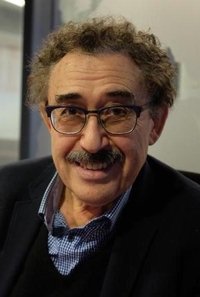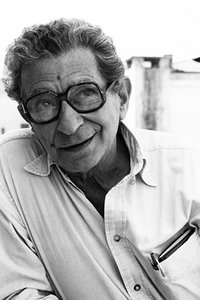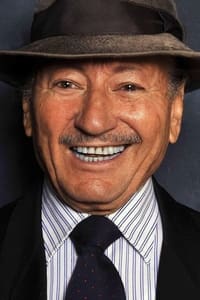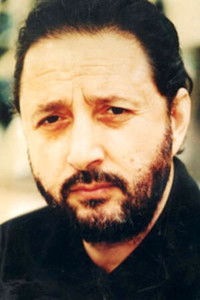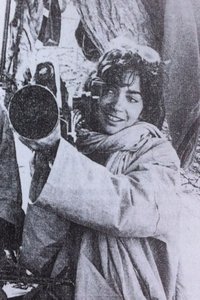Arab Camera
A documentary charting the last 20 years of Arab cinema (1967-1987).
Genres
Documentary
OverView
Focusing on key Arab films produced in the last 20 years. Férid Boughedir traces the development of the film-makers' concern to produce more socially aware cinema. Themes include the issue of Palestinian homeland rights and the nature of Arab identity. The film-makers also share a desire to develop a strong poetic tradition.
Others
Budget
$--
Revenue
$--
Status
Released
Original Language
French
Runtime
65 mins
Rating
5.7/10
Release Date
02 January 1987
Country
Tunisia

